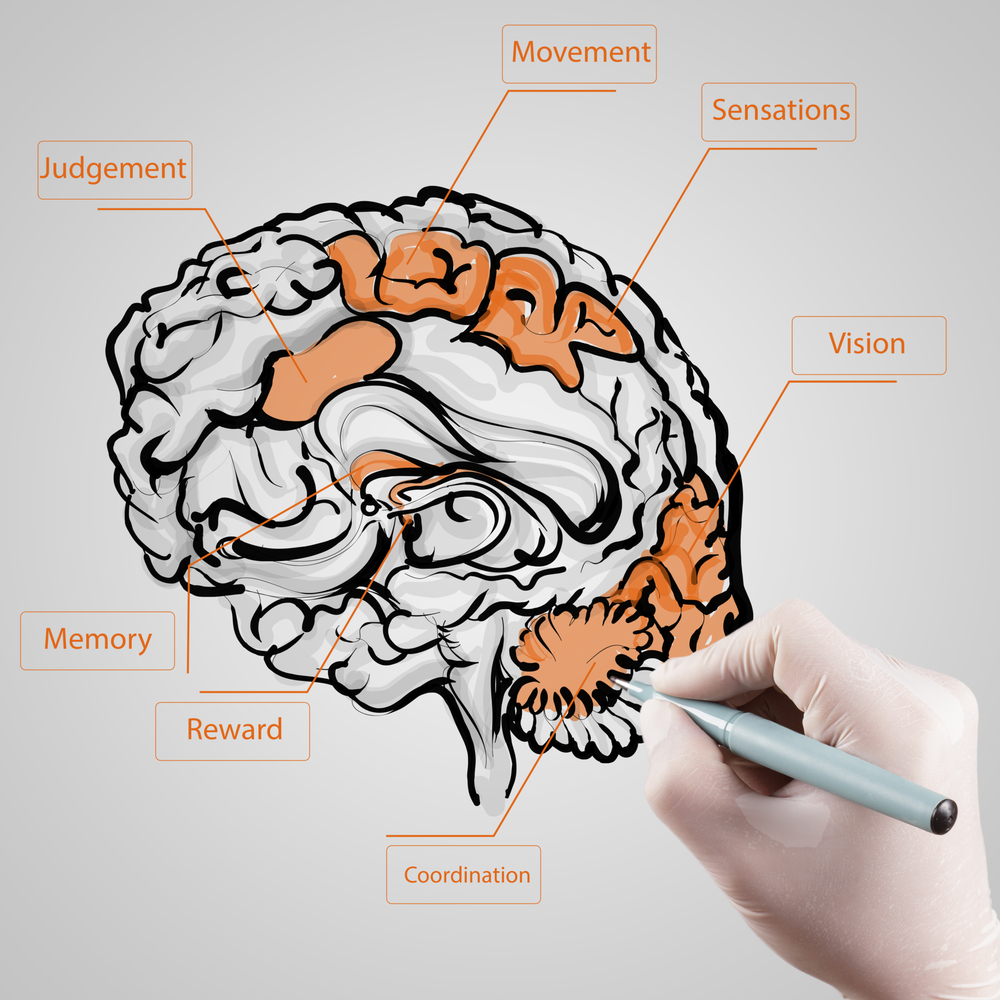 We all know the pleasure we get from certain foods, or a hug or kiss from a loved one and the natural high that we get when we indulge in some activity that we enjoy. The buzz we get from these positive experiences is all down to dopamine which is a neurotransmitter produced when we get the feel-good factor from certain substances or experiences.
We all know the pleasure we get from certain foods, or a hug or kiss from a loved one and the natural high that we get when we indulge in some activity that we enjoy. The buzz we get from these positive experiences is all down to dopamine which is a neurotransmitter produced when we get the feel-good factor from certain substances or experiences.
Where Is It Located?
The part of the brain responsible for the feelings of pleasure and reward is an area called the ventral tegmental area (VTA) which is also the area concerned with basic survival mechanisms. Of course this can sometimes be activated for the wrong reasons such as drug addiction, but it is primarily intended to reward healthy, motivational activities when activated at normal levels.
How Does It Work?
Human brains are constructed to ensure that we continue to repeat life-enhancing activities. By flooding the brain with dopamine when we do something that produces pleasure, the brain connects this activity with something important that needs to be remembered and we obviously want to repeat the experience.This can be seen in a range of activities including tactile behaviours such as kissing and hugging as well as other stimuli such as eating chocolate, watching a favourite sport, undertaking betting or other activities.When people play betting games, not only do they have the excitement and anticipation of participating but there is the very real chance of winning money which is a great motivator. This provides an incentive to try again and repeat the fun and the possibility of cash prizes.As with all human behaviours, it is necessary to keep these in check and ensure that pleasurable activities stay within reasonable and moderate boundaries, but the reward system in the brain definitely makes life much more enjoyable for all of us!
